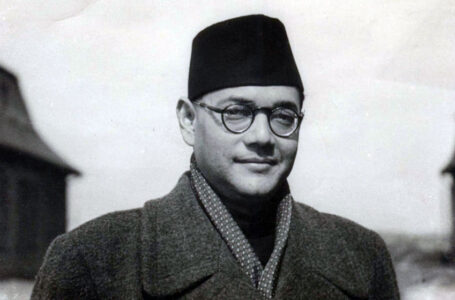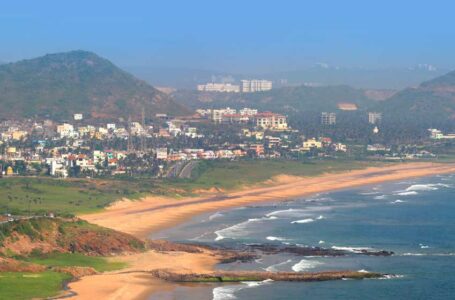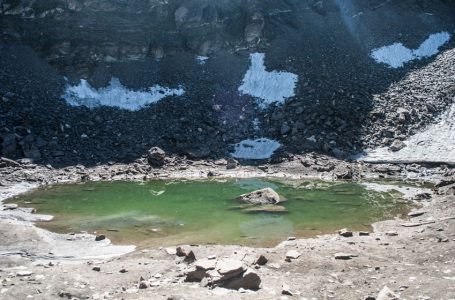India Yet To Bite Into Australia’S Yellow Cake
Australia holds 40% of the world’s Uranium supplies, and India needs a bit of it every year in order to fuel its energy independence plans. The treaty has been signed between the two countries, but a year on, the importing of the radioactive metal has not even begun. We look at why this might be.
We refer to the title, of course, to Uranium, also known as yellowcake.
The story goes that in October 2015, Prime Minister Narendra Modi met Tony Abbott, the then Australian Prime Minister, and signed a deal for exporting of Uranium into the Asian country, so that its energy thirst can be slaked. India wants to ramp up its yearly nuclear energy production from 5780 MW to 63000 MW by the year 2032 – i.e.: almost an eleven-fold increase in sixteen years.
But one year on, here we are in September 2016, and not even one ounce of Uranium has been imported to India. It is not clear whether the reservations are on the supply side or the demand side, but no agreements have been made so far between India and the privately held Uranium companies in Australia.
Some say the fact that India has not yet signed the Nuclear Nonproliferation Treaty (NPT) and Comprehensive Nuclear Test Ban Treaty (CTBT) is sowing doubts in the minds of Australia Uranium producing companies that India could potentially use excess Uranium in domestic stocks for weapon production.
However, some claim that India does not still have the expertise to set up nuclear waste disposal sites that conform to international standards, and until that happens, the government will not make a move to procure any Uranium. This point of view holds that private sector organizations in India should now step up to bid for nuclear plant management and operation so that nuclear power production can begin.
It could be that like in most such cases, the truth lies somewhere in between. One hopes that these issues are resolved at the earliest so that India can take its first steps towards being an energy surplus state within the stated deadline of 2032.







